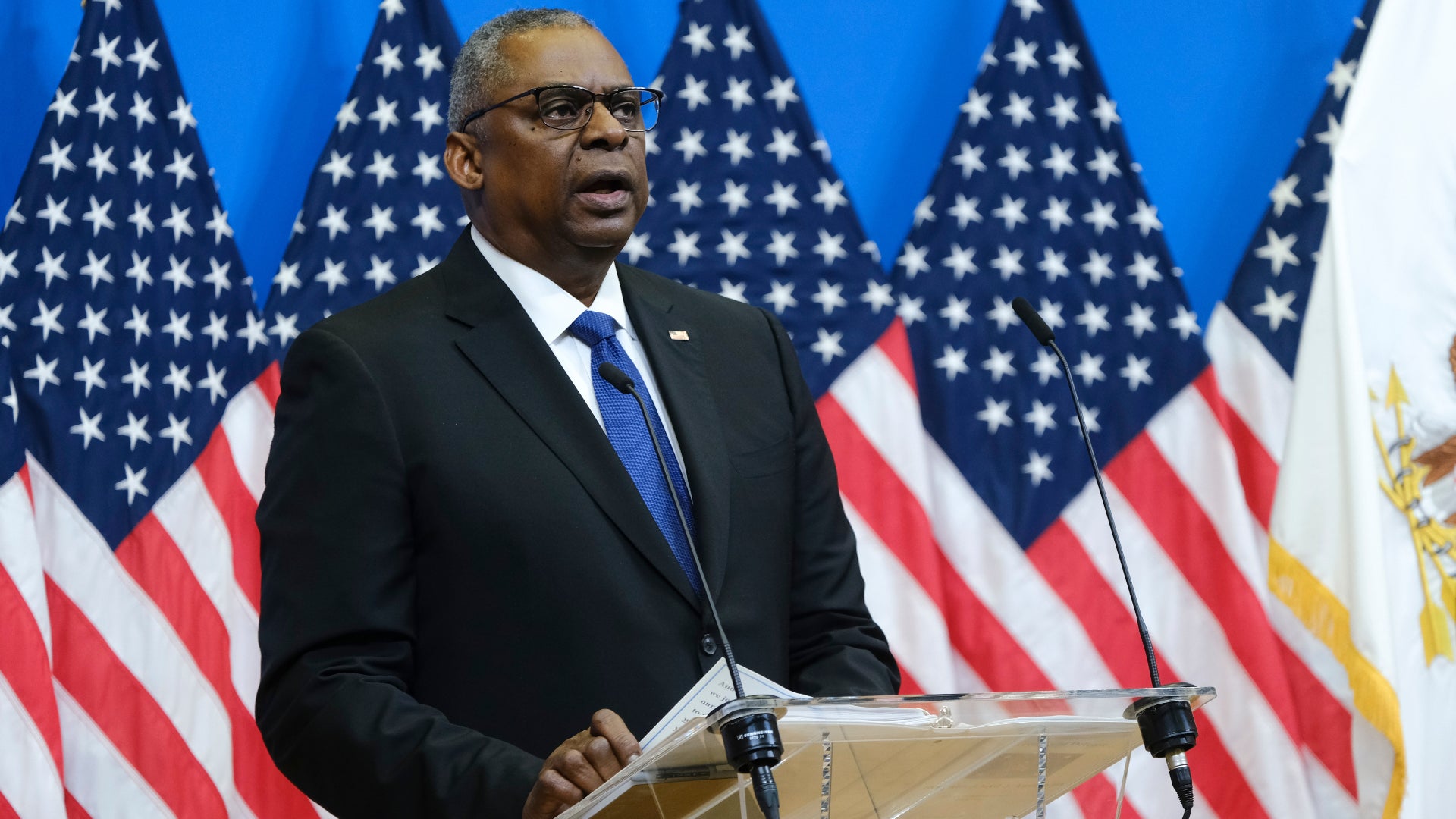
The US has signed a deal pledging $100m towards a Kenya-led security mission in Haiti. The Caribbean nation is currently embroiled in a state of near-anarchy, beset with gang killings, kidnappings and sexual violence.
At a meeting in Nairobi on 25 September, US Secretary of Defense Lloyd Austin and Kenyan President William Ruto agreed on the funding as part of a five-year defence cooperation pact.
Foreign leaders and the government of Haitian Prime Minister Ariel Henry have called for some kind of intervention. Human rights groups have voiced concern at the pending international mission, pointing to the atrocities committed during the United Nations’ (UN) previous operation in Haiti.
President Ruto announced Kenya will be “the leading nation in the UN-backed security mission in Haiti”, with Nairobi sending 1,000 military personnel to strife-hit country.
Kenya spies opportunity; Haiti gangs promises defiance
This latest development indicates Kenyan ambitions to consolidate defence relations with the US and enhance Nairobi’s role on the global geopolitical stage.
Kenya’s defence budget amounted to $1.4bn in 2022, but is expected to rise by at least 3% CAGR from 2023 to 2027, according to GlobalData. Often regarded as a regional leader in East Africa, Kenya has little experience in foreign interventions aside from in neighbouring Somalia.
Part of the US-Kenya deal revolved around Nairobi’s work in fighting al-Shabaab, an armed group based in Somalia with ties to Al-Qaeda.
Haiti is currently grappling with the worst humanitarian crisis in the Americas. Gang-controlled lawlessness has descended on the streets of Petion-Ville, Carrefour and capital Port-au-Prince, adding to an escalating famine and last year’s cholera outbreak.
The UN says gang violence has killed roughly 2,500 Haitians since the start of the year. More than 970 Haitians have been kidnapped and 10,000 forcibly displaced from their homes.
Jimmy ‘Barbecue’ Chérizier, former police officer turned head of Haiti’s most powerful gang, has led calls for an uprising to overthrow Prime Minister Ariel Henry, who took power after President Jovenel Moïse was assassinated in 2021.
“We are launching the fight to overturn Ariel Henry’s government in any way,” Chérizier told Reuters. “Our fight will be with weapons.”
Chérizier said that Haitians would rise up if any international force repeated the actions of UN peacekeepers during “Minustah” – the most recent mission led by UN peacekeepers in Haiti from 2004 to 2017. Thousands were killed in a mass cholera outbreak, sexual abuse was rampant, and the mission allegedly oversaw a massacre in Cité Soleil, Port-au-Prince’s largest shantytown.
“We will fight against them until our last breath,” Cherizier said. “It will be a fight of the Haitian people to save the dignity of our country.”
Haitian civil society groups have also expressed fears of renewed foreign intervention repeating the mistakes of past deployments.
Our signals coverage is powered by GlobalData’s Thematic Engine, which tags millions of data items across six alternative datasets — patents, jobs, deals, company filings, social media mentions and news — to themes, sectors and companies. These signals enhance our predictive capabilities, helping us to identify the most disruptive threats across each of the sectors we cover and the companies best placed to succeed.


